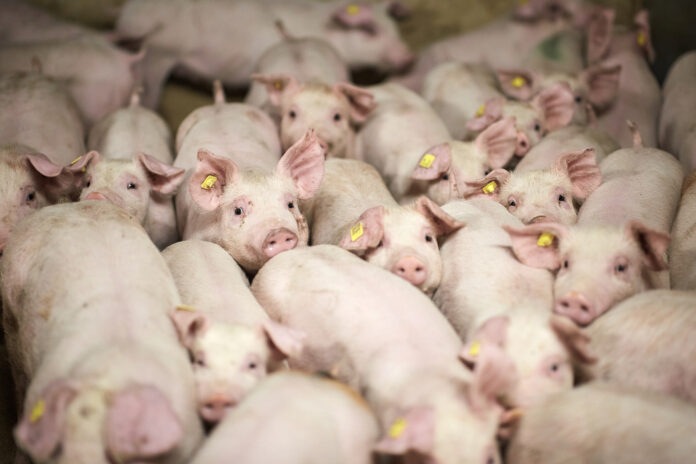The Department of Agriculture (DA) has met with representatives from Denmark to discuss areas of cooperation towards increasing productivity and sustainability of the agri-fishery sector, especially the fisheries and swine industries.
DA Senior Undersecretary Domingo Panganiban met with Denmark Ambassador to the Philippines and Palau, Franz-Michael Mellbin, on hog semen importation that can help boost efforts against the African swine fever (ASF).
DA said both countries support knowledge-sharing opportunities, observing each other’s best practices and studying the latest technologies for efficient swine production.
Mellbin also expressed interest in exploring fishery opportunities in the Philippines and to propose new and sustainable fishing methods and technologies, including the export of ube and calamansi and access to agricultural interventions for small-scale coconut farmers and the indigenous peoples in Palawan.
In 2019, the Bureau of Fisheries and Aquatic Resources, signed a memorandum of understanding with Denmark covering the conduct of at-sea trials and exploratory fishing in both underutilized and traditional fishing grounds in the Philippines.
This also involved the transfer of updated technology and methods and training to empower local farmers and fishers. A separate initiative assess the feasibility of midwater trawling in Philippine waters with the use of Danish fishing technologies.
Denmark is the ninth top destination of Philippine agricultural export products and the eighth largest supplier of imported agricultural commodities in the country.
Panganiban also met with representatives of the Philippine Association of Meat Processors Inc. (PAMPI) this week to assure the safety and affordability of meat products and other policy concerns.
Among the topics discussed was the adoption of the World Organization for Animal Health on zoning and regionalization of areas in countries with disease outbreaks, review of first border inspection policies, regulation of processed meat products and the establishment of cold examination facility in agriculture.
PAMPI said it is seeking help in keeping the price of processed meat products affordable for Filipino consumers.
“DA can help us with its science-based food safety and inspection systems, access to safe and nutritious meat materials from both local and global sources and constant collaboration to further refine food safety standards,” the group representing 85 percent of the country’s meat processors and food chains, said.







